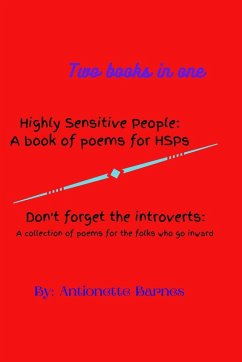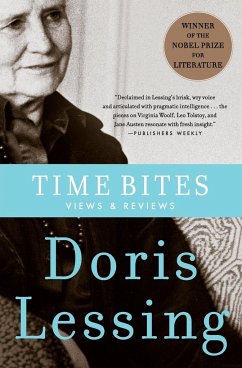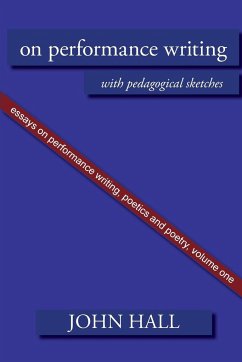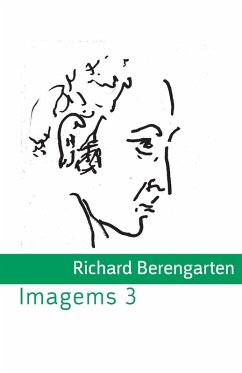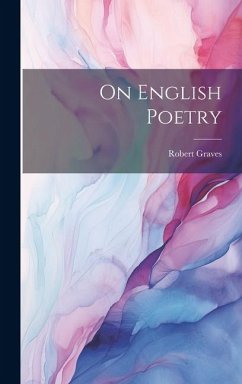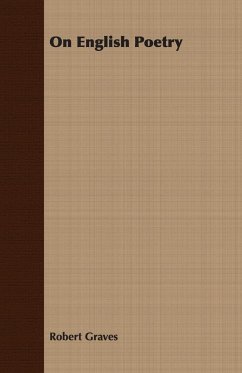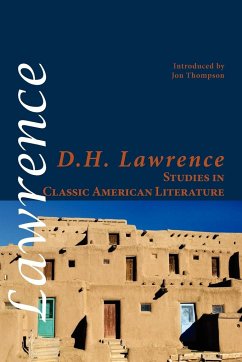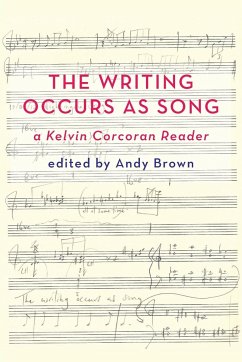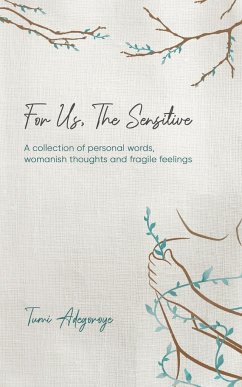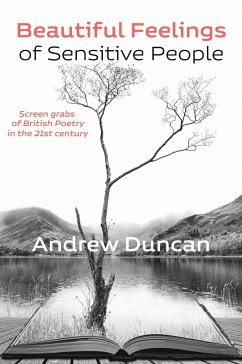
Beautiful Feelings of Sensitive People
Screen grabs of British Poetry in the 21st century
Versandkostenfrei!
Versandfertig in 1-2 Wochen
24,99 €
inkl. MwSt.

PAYBACK Punkte
12 °P sammeln!
If you publish a book about contemporary poetry people expect you to identify the style distinctive for a decade or a generation - the Sound of Now. Of course, doing that would instantly define all the other poets as being non-central. My thesis is instead that since the cultural mechanism which authorises central styles broke down in the 1990s there are a dozen valid styles and even conformist poets have a great range to choose from. People may be converging all the time but they are convergent on a dozen different patterns. We can hope to recover the history of localised subsets of the total...
If you publish a book about contemporary poetry people expect you to identify the style distinctive for a decade or a generation - the Sound of Now. Of course, doing that would instantly define all the other poets as being non-central. My thesis is instead that since the cultural mechanism which authorises central styles broke down in the 1990s there are a dozen valid styles and even conformist poets have a great range to choose from. People may be converging all the time but they are convergent on a dozen different patterns. We can hope to recover the history of localised subsets of the total production. These histories will always seem partial. I do have a feeling about the Now and it is roughly that the problems which wrecked most British poets thirty years ago, the absurd fantasies and inhibitions, have been resolved and that there is a whole world of poets who have just walked out of that conservative and repressed situation. Roughly 86% of the poets I trawled up began publishing after 2000. Legacy positions do not seem relevant, because so many new poets and readers have been arriving that the old landscape has been simply buried under several new ones. My legacy position was shared boredom with the mainstream and its satraps. At one level, that abolishes my stock in trade - the critique which we, collectively, voiced in the 1990s is now accepted. That mainstream has been effectively swept away. (Andrew Dundan)



